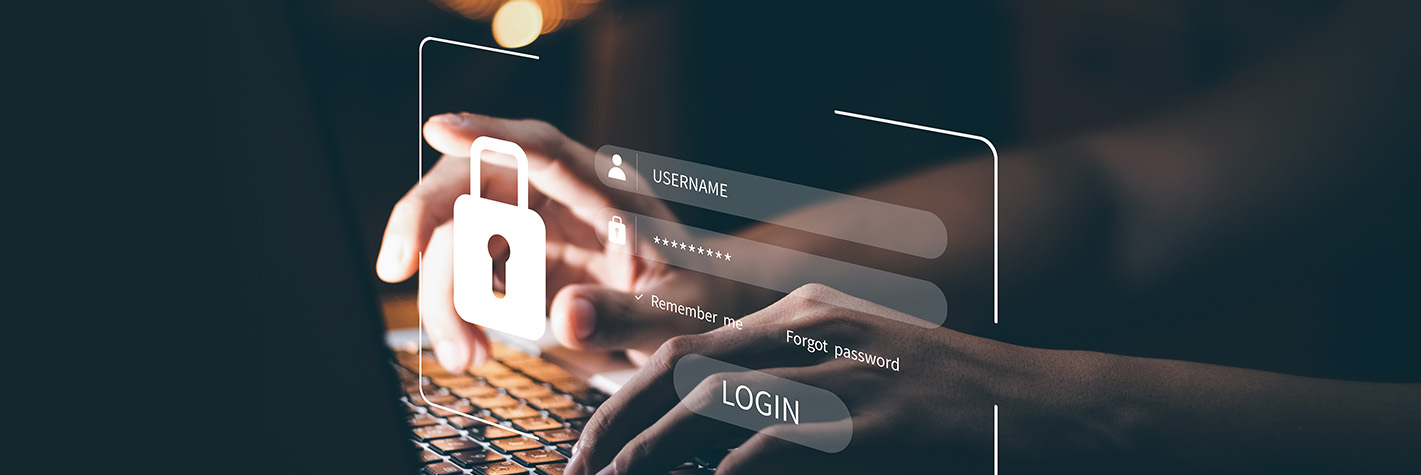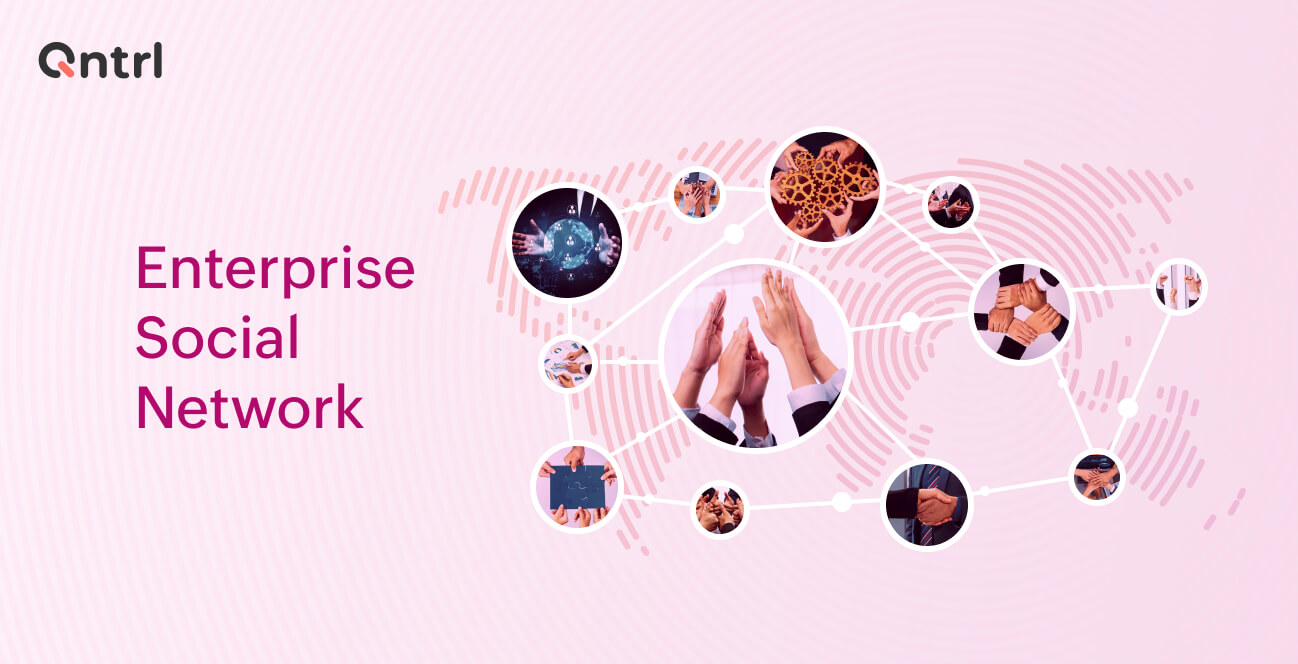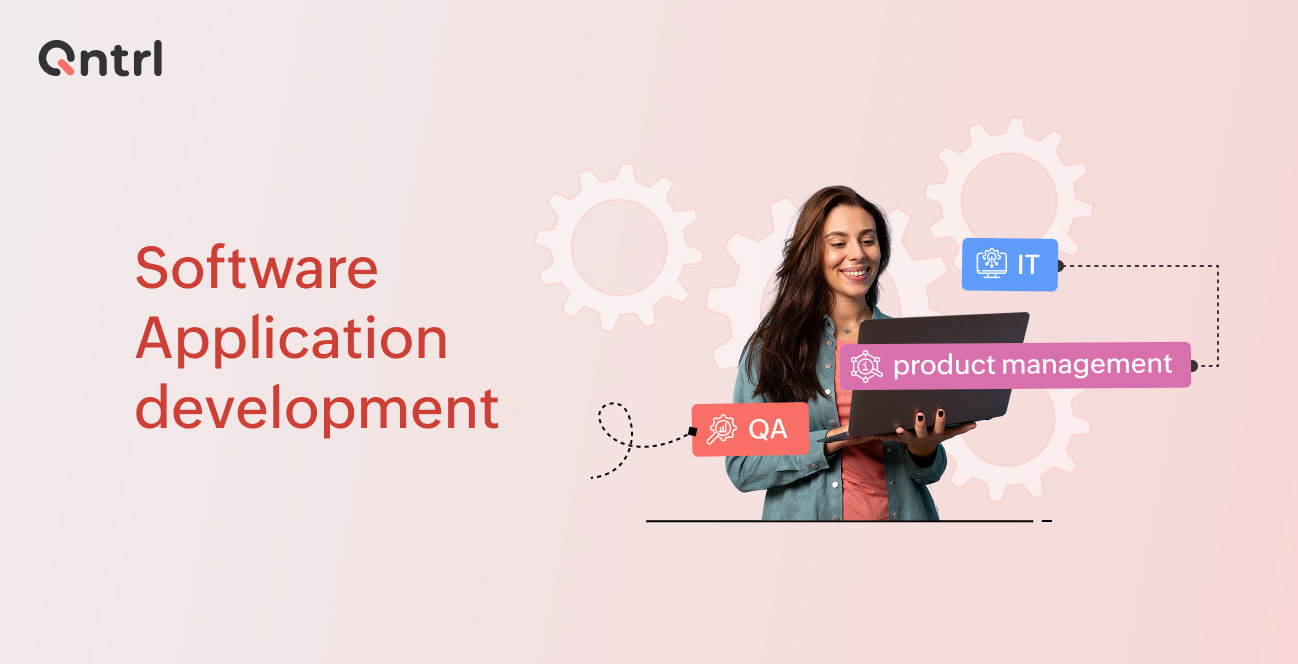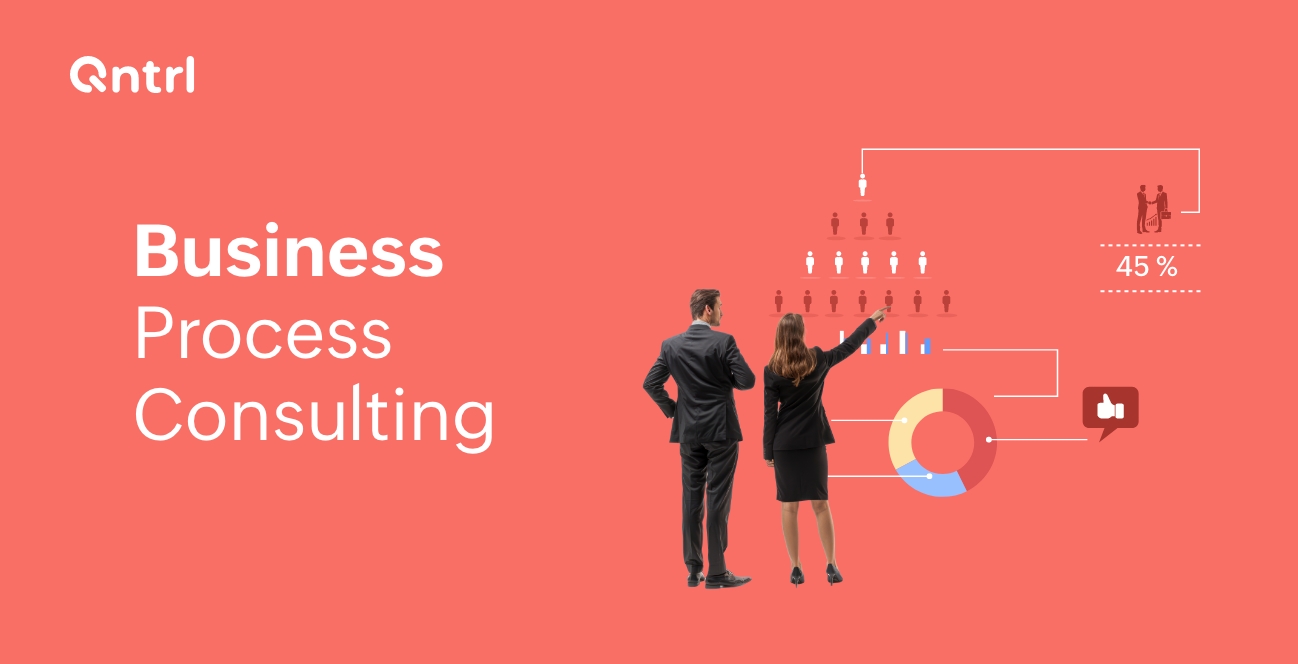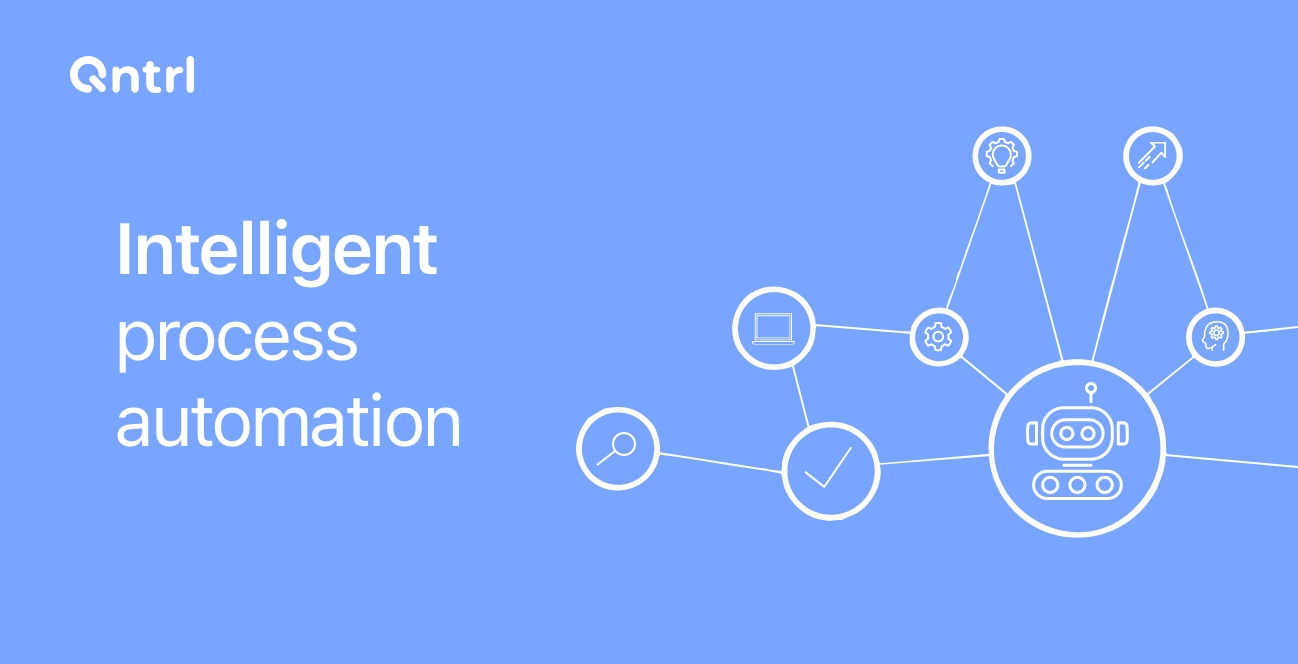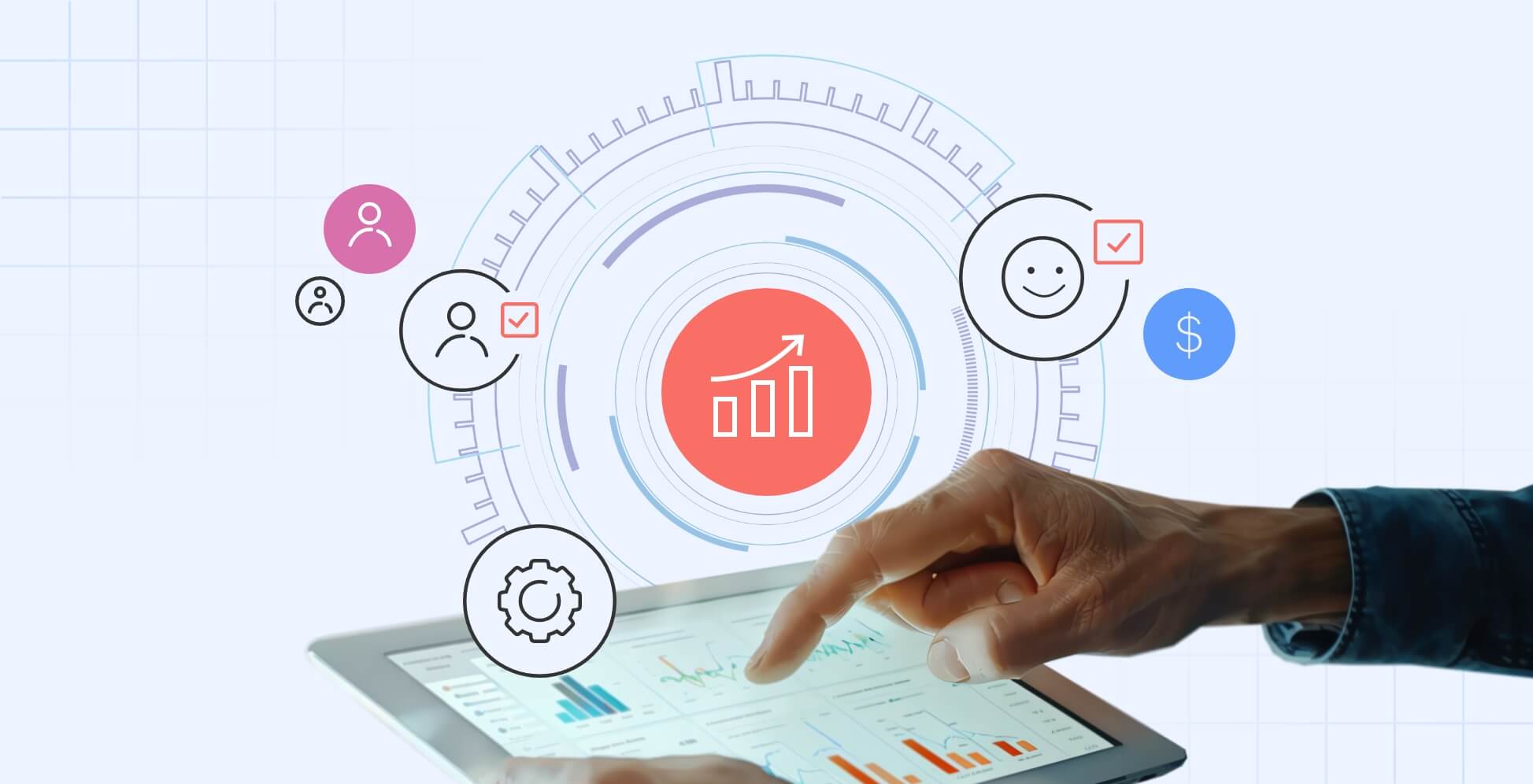No matter how subtle and common it may be, filling in personal data to register for social media, do some online shopping, or even during work processes, data privacy is something that requires your attention. In a world where our information is constantly being requested—whether in physical or digital environments—we might sometimes wonder: where does all this data go? And who has access to it?
Protecting information is one of the purposes of data privacy, a segment of information technology in charge of storing and accessing sensitive information. Within this concept, there is much more to be considered than just the goal of keeping data safe. Let's learn more about it in this article.
What is data privacy?
More than just ensuring the protection of sensitive information, data privacy encompasses a lot of rules, guidelines, tools, and levels of privacy. And within the concept of data, there is much more than just personal information—there are also other segments such as financial information, health information, intellectual property, government data, and more.
When we think about making data private and restricting access to information, it is important to consider not only how it will be collected but also the ways of management, storage, access, and disposal, if needed. Transparency throughout this process, which means making the reasons why the data is being requested clear, is also an essential element in this scenario.
Why is data privacy important?
If a company fails to protect its customers' data, a series of negative consequences can bring losses to both sides:
- Misuse of data by third parties
If a company's sensitive information falls into the wrong hands, that company's customers may be vulnerable to criminal actions, such as theft, extortion, fraud, and scams.
- Data commercialization
This is a consequence of the misuse of data. Without proper care for confidentiality, information can be sold to people or companies that can use it in many ways, which can lead to unwanted emails and calls for the sale of unwanted services or even scams.
- Risk to emotional security
At first glance, this may not be such a clear problem when we talk about data privacy risks, but damages such as stress and anxiety can be consequences generated by data exposure. If we think of the leak of financial information from a bank's clients as an example, it is easier to understand the extent to which the situation can escalate and the psychological damage that can arise from this situation.
How is data privacy regulated?
The protection of sensitive information has gained more attention with the growth of social and economic activities in the virtual world—but not all countries follow the same pace to determine regulations and establish guidelines on how to keep sensitive data protected.
According to the United Nations Conference on Trade and Development (UNCTAD)—a permanent intergovernmental body of the United Nations that assists countries in using trade, investment, finance, and technology as vehicles for inclusive and sustainable development—137 out of 194 countries have created legislation to regulate data privacy, which represents 75% of countries.
Also, 15% of countries have no legislation and 9% have laws still in the draft stage. Only 5% of countries didn't provide any information about this topic. The last update was from December 2021.
How to ensure data privacy in your processes
Considering the risks and the carefulness with which data must be handled to ensure the safety of those who provide it, companies and teams must implement measures and processes to effectively protect this information:
- Establish a plan before requesting sensitive information
Understanding who on the team should have access to the requested data, where this information will be stored, and which guidelines will be followed to ensure necessary protection is the first step in the process. In the same vein, it is important to understand and map out the risks in case of a leak of sensitive information.
- Ensure transparency about how the information will be collected and used
When requesting data, it is important to make clear to its owners the manner in which it will be handled, as well as the reasons for use and the ways in which this information will be protected. This process is essential to establishing a relationship of trust between those who provide and those who request the data.
- Implement security policies to ensure stakeholder privacy
Ensuring the use of encrypted files and protection layers, such as two-factor authentication, are good practices that bring value and even more protection, and can be easily implemented in small teams or companies as a whole. Storing data in secure servers is also a practice that can be implemented to ensure the necessary confidentiality of collected data.
Creating solid processes for requesting, storing, and using data at a company benefits everyone involved—not only those who provide it but especially those who provide and handle this information, which leads to more conscious use and more efficient task execution.
GUEST WRITER: Marina Meireles
